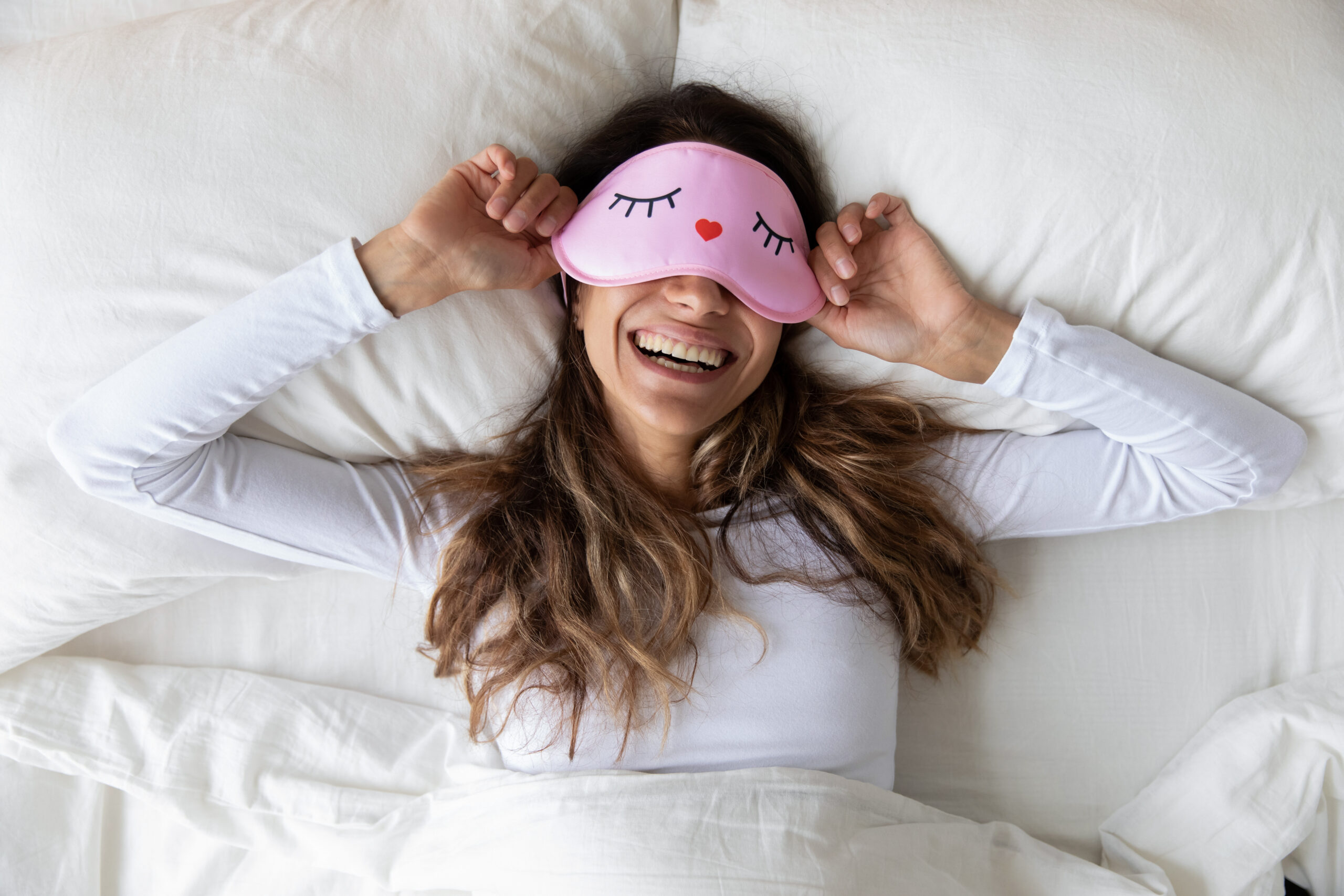It’s common knowledge that sleep does a body good―but just how good? What concrete advantages does a full night’s sleep provide, and what are the drawbacks of sleep deprivation? In our stressful, fast-paced modern world, a good night’s sleep can often feel like an impossible dream. Read on for the skinny on how sleep affects your day-to-day, and find out about a few simple life hacks to help you get your forty winks.
What Does ‘Good Sleep’ Mean, Anyway?
The phrase ‘a good night’s sleep’ is often thrown around in conversation, but it isn’t especially clear. The National Sleep Foundation provides guidance on exactly how much sleep a person ought to get, with the rule of thumb being that younger people generally require more sleep than their elders. The average adult should sleep for somewhere between seven and nine hours per night, whereas adults over 65 require between seven and eight hours.
Of course, every individual is different, and there’s no magic number that’ll tell you exactly how much sleep you need to sustain your lifestyle. Still, shooting for somewhere in this range is a good place to start.

How Sleep Helps You
Aside from the obvious effects of waking up rested and enjoying more energy throughout the day, proper sleep hygiene comes with a host of benefits that may not be immediately apparent.
Make Your Memory Sharper
You don’t stop thinking while you’re asleep―not exactly. While your brain slows down in the three stages of non-REM sleep, brain activity during REM sleep is almost at the same level it is when you’re awake. This isn’t just what makes you dream, either. Scientists call the work done by the brain during sleep ‘memory consolidation.’ During memory consolidation, connections are added to your brain’s network. Your brain also takes this time to clean out your mental pigeonholes, removing excess information.
Boost Your Immunity
Your immune system goes to work while you’re at rest, and helps to shore up your defenses against illness. An illuminating example of this comes in a 2009 study where researchers assessed the link between sleep quality and ability to fight the common cold. Participants’ sleeping habits were tracked for several weeks. Then, they were all exposed to the common cold. The results were surprising–people who slept for seven hours or less were nearly three times as likely to catch a cold as their peers who slept for longer.
Get Happy
Having one night of poor sleep can leave you feeling dreadful the next day, but that’s not the full extent of it. Studies have shown that people who don’t get enough sleep report more frequent negative moods, such as frustration and sadness. Additionally, sleep deprivation can influence the development of mental illnesses such as depression, and can worsen these symptoms in people who already have them.
Staying on the Ball
It’s common knowledge that sleeping well helps things get done–you’re running on a full tank, after all. Still, the actual effects of sleep on focus and performance can be wider-reaching than expected. Take driving, for example: AAA’s Foundation for Traffic Safety published an eye-opening study that sheds light on the relationship between sleep deprivation and accidents. While the crash rate for participants who had slept for seven hours or more the previous night was average, the incidence of road accidents increased dramatically in people who had slept less. Even an hour less of sleep increased the risk of crashing 1.3 times, and the risk quadrupled for people who slept 4-5 hours the night before.
Tips for Proper Sleep
Here are several simple changes you can make to your lifestyle that are proven to increase the quality of your sleep.
Dos
- Keep a routine. Though it can be tempting to stay up late and sleep in on weekends, it’s best for your circadian rhythm to try to sleep at the same time every day. A good bedtime routine also includes the hour or so before bed–that’s the time to wind down and limit exposure to the blue light that comes from electronic screens.
- Make your bed a place for sleeping only. Surfing the web, working, or watching TV in bed (among other activities) can make it more difficult for you to fall asleep when the time comes.
- Try a sleep aid. Many are available over-the-counter, with options including diphenhydramine (Benadryl) and melatonin. For a more natural approach, chamomile and valerian supplements can also be helpful.
Don’ts
- Don’t drink before bed. Though the idea of a ‘nightcap’ is appealing, and having alcohol in your system might make you feel sleepier initially, it can cause trouble when it comes to staying asleep.
- Additionally, you should avoid consuming caffeine too late in the day. It’s advisable to stop drinking coffee, tea, or energy drinks in the early afternoon–caffeine affects your mind’s ability to process tiredness for longer than you’d think.
- Try to avoid napping. While it makes you feel better in the short run, people who nap report more trouble sleeping at night.
Are You Still Awake? Why?
Sleep affects our lives in more ways than we think, and the impact that sleeping well can make on our happiness cannot be overstated. While people are often frustrated with their sleeping patterns, it takes only a few simple (and for the most part, free,) lifestyle changes to improve both quality of sleep and quality of life!




Happiness is good!